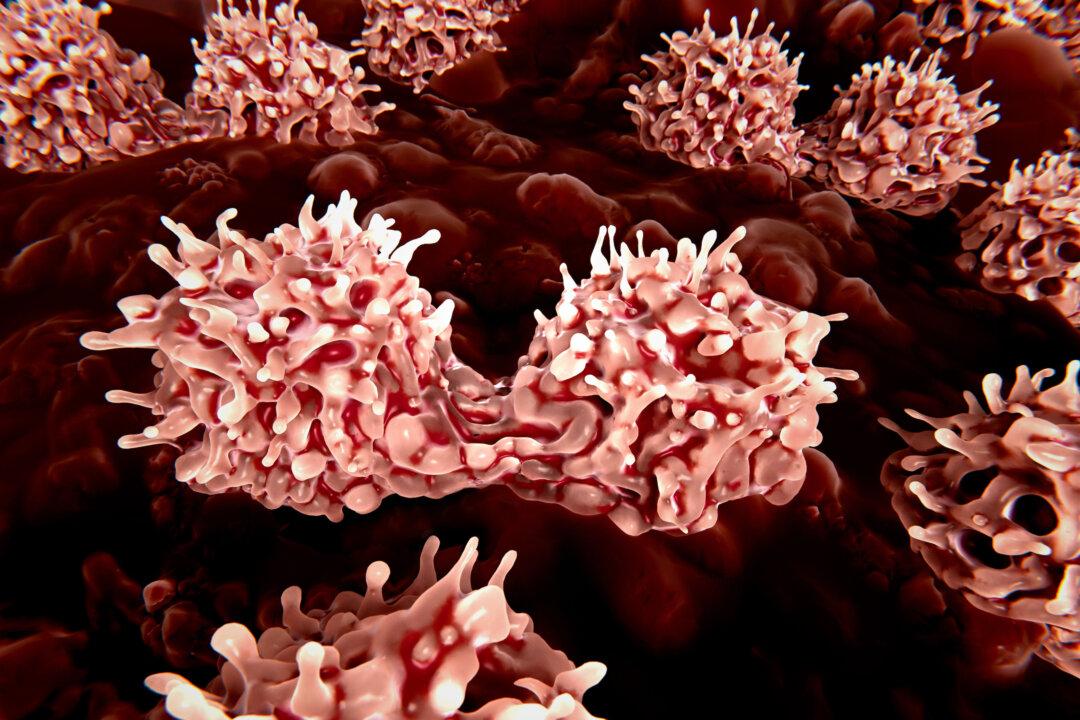Australian researchers will conduct a stem cell gene therapy trial for children with severe immunodeficiency.
Researchers at the Murdoch Children’s Research Institute in Melbourne will steer the clinical trial for children with RAG-1 deficient Severe Combined Immunodeficiency (RAG-1 SCID).





